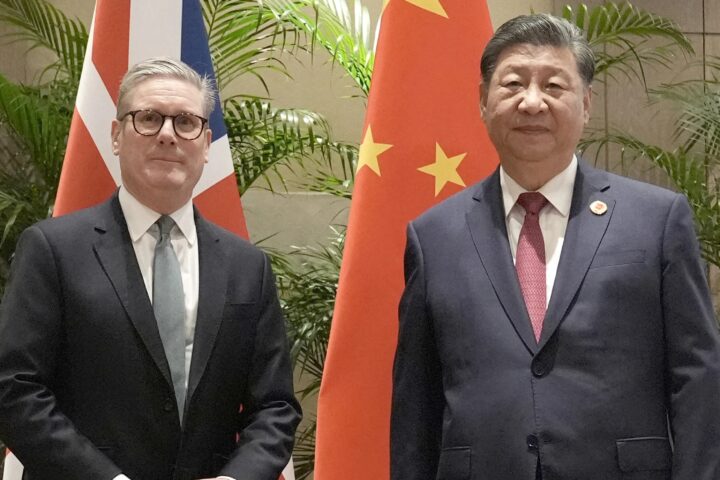Dutch prosecutors said on September 26 that two 17-year-olds had been detained in The Hague on suspicion of working for Russian intelligence. Authorities believe the teenagers collected information for a hacker linked to Moscow, an episode considered part of a wider Russian intelligence campaign in Europe.
Surveillance near Europol and Eurojust buildings
One of the suspects allegedly walked past the buildings of Europol, Eurojust and the Canadian embassy in August with a so-called Wi-Fi sniffer, a device capable of detecting and possibly intercepting wireless network data. Investigators suggest the teenagers may have been recruited through Telegram. One remains in custody for 14 days, while the other has been placed under house arrest. Prosecutors declined to provide further details, citing the minors’ age and the sensitivity of the case.
First known case involving minors in the Netherlands
This is the first known incident in which minors have been used in espionage operations on Dutch territory. Since May, the Netherlands has enforced an updated “foreign interference” law, which stipulates that cooperation with a foreign state against national interests is punishable by up to eight years in prison. The case highlights growing concerns over Russia’s evolving intelligence methods, which increasingly combine classic undercover operations with digital tools and social media recruitment.
Expanding Russian intelligence activity across Europe
Western security officials have repeatedly warned that Russia has intensified its intelligence activities across EU and NATO countries. Beyond traditional channels, Russian operatives are turning to new approaches such as recruiting vulnerable groups online and deploying cyber tools to gather sensitive data. Such operations pose a direct threat to Western security by potentially exposing military logistics, NATO deployments, and strategies related to sanctions and support for Ukraine.
Broader implications for security and resilience
The alleged use of teenagers underlines Moscow’s lack of ethical limits and its attempt to exploit groups less likely to raise suspicion. At the same time, it underscores the need for European states to strengthen counterintelligence, invest in advanced technologies to detect espionage, and launch educational campaigns warning young people about the risks of recruitment via platforms like Telegram. Analysts argue that consistent public responses — from expelling Russian diplomats to imposing new sanctions — are necessary to raise the cost of such operations and maintain Western resilience.















